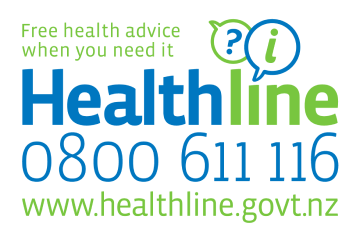Communication Development: By 4 Years
Communication Development: By 4 Years
Here is some information about how children's communication skills usually develop by the age of 4. Below are some activity suggestions to encourage communication from 4 years. Use the language that you are most familiar and comfortable with.
By 4 years, what should my child be able to say and do?
Say
Asks lots of 'what', 'where' and 'why' questions to find out new information.
Is able to talk about what they have done and what they might do; for example, they can tell Nana about their trip to the park, then talk about what they want for dinner.
Do
Understands more complex language structures; for example, 'why.... because'.
Takes part in longer and more complicated make-believe play sequences with peers; for example, buying a ticket, going on the bus, getting off at the right stop and then getting back on.
Enjoys simple jokes – even though their jokes may not make sense!
Recognises their own written name and knows some letter names. Is attempting to write their name.
Recognises some printed words in the environment like a stop sign.
Is starting to use talking to make friends and to solve problems.
Is understood by unfamiliar adults almost all of the time.
What are some tips to help my child's communication development at 4 years?
- when your child says something that is not clear, say it back for them so they hear it the right way rather than asking them to repeat it
- have fun with words and sounds; for example, make up games about words that start with the same sound or silly words that rhyme
- talk with your child about exciting things that are going to happen
- encourage talking about the future
- let your child choose books to share with you
- encourage your child to join in drawing and writing activities with you; for example, writing shopping lists, making special cards
This page last reviewed 08 December 2023.
Do you have any feedback for KidsHealth?
If you have any feedback about the KidsHealth website, or have a suggestion for new content, please get in touch with us.
Email us now